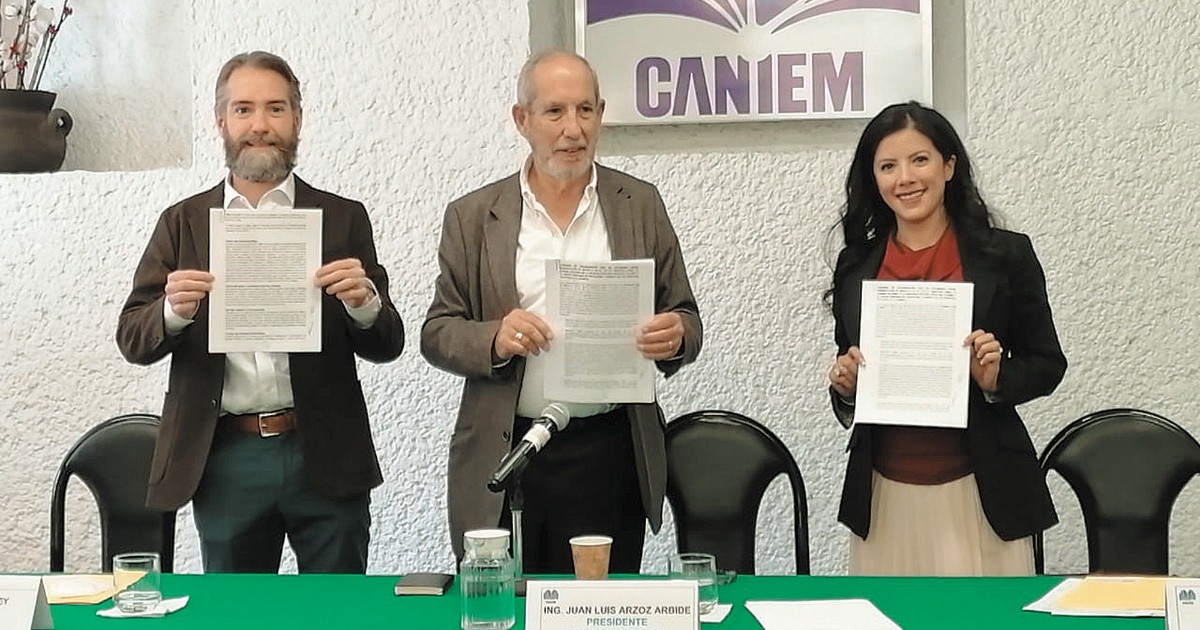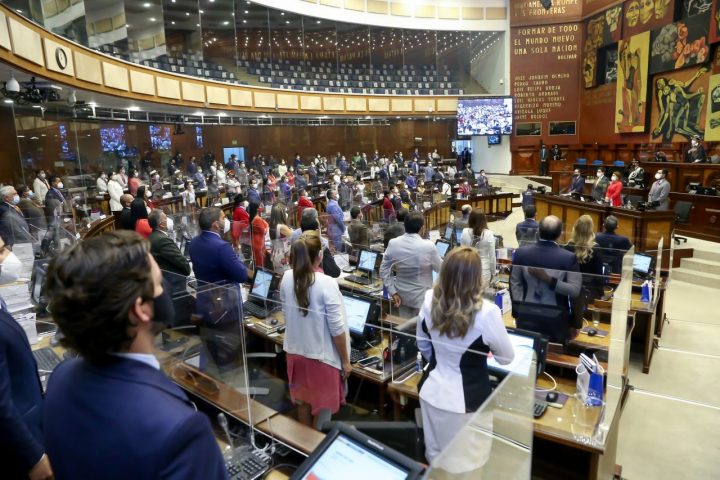Far from giving in, in Mexico the increase in the consumption of pirated books in any format persists. And it is not a minor evil. According to the Survey for the measurement of piracy in Mexico, carried out by the Coalition for Legal Access to Culture (CALC), just over 44% of book consumers in Mexico admit that they have access to pirated printed copies, while that 48% of consumers of digital copies recognize the consumption of illegitimate editorial copies.
As if the above were not enough, according to the 2020 National Survey of Piracy Consumption Habits, carried out by the Mexican Institute of Industrial Property (IMPI), 52.8% of the population surveyed during the first year of the pandemic recognized the occasional acquisition of pirated books, while 18.2% admitted that access to apocryphal copies is always their first option.
This exposing by the book production chain and, from it, the fight for immediate attention against editorial piracy have not been weak. Through this medium, diverse voices, such as that of Roberto Banchik, regional general director of Penguin Random House, or Quetzalli de la Concha, executive vice president of the Mexican Center for the Protection and Promotion of Copyright (CeMPro), have pointed out neglect by the authorities on a problem so present that it is about to engulf half of the Mexican publishing market.
will share information
However, the affront to the industry has been a priority issue. During the first half of 2020, the National Chamber of the Mexican Publishing Industry (Caniem) and the Association of Mexican Bookstores (ALMAC) launched the anti-piracy campaign #PongamosPuntoFinal to raise awareness about the damage caused to authors, publishers and booksellers by piracy of digital and paper books.
This Wednesday a further step was taken in this battle on multiple fronts. Caniem and CeMPro met at the Chamber’s headquarters in Coyoacán with representatives of one of the leading electronic commerce platforms in Latin America, Mercado Libre, to sign a collaboration agreement with the links affiliated with the Chamber for the detection and Timely cancellation of pirate book outlets on this trading platform.
“The problem of book piracy in Mexico continues to grow. The figures show very clearly that almost half of the work of Mexican publishers, designers, booksellers and authors is being stolen by organized crime,” said Juan Luis Arzoz Arbide, president of Caniem. “By acquiring or promoting the purchase or sale of a pirated book or the photocopying of books, millions of families that depend on the publishing industry are run over.”
For his part, Quetzalli de la Concha recognized Mercado Libre as “the first and only platform that is carrying out an effort of this size to ensure the protection and effort of copyright in the digital market (…) the The idea is to be able to help Mercado Libre to have a more efficient monitoring and removal of illicit content”.
How to detect illegal activity on the platform?
Representing Mercado Libre, Carlos Hassey Artigas and Alehira Orozco, legal director and director of Institutional Relations of the firm, were present, who presented the Brand protection program to the union, a mechanism that feeds on artificial intelligence to help owners of intellectual property to defend the rights of their works, either through the automatic detection of illicit activities on the platform or through individual and collective complaints.
In this regard, Hassey Artigas explained: “we have zero tolerance for activities of this nature and we believe that this type of tool can be favorable. We have artificial intelligence and machine learning that help us moderate many illegal publications, but if we enrich this with a collaboration agreement, a channel through which we can work together, this can achieve magnificent results”, he explained.
















